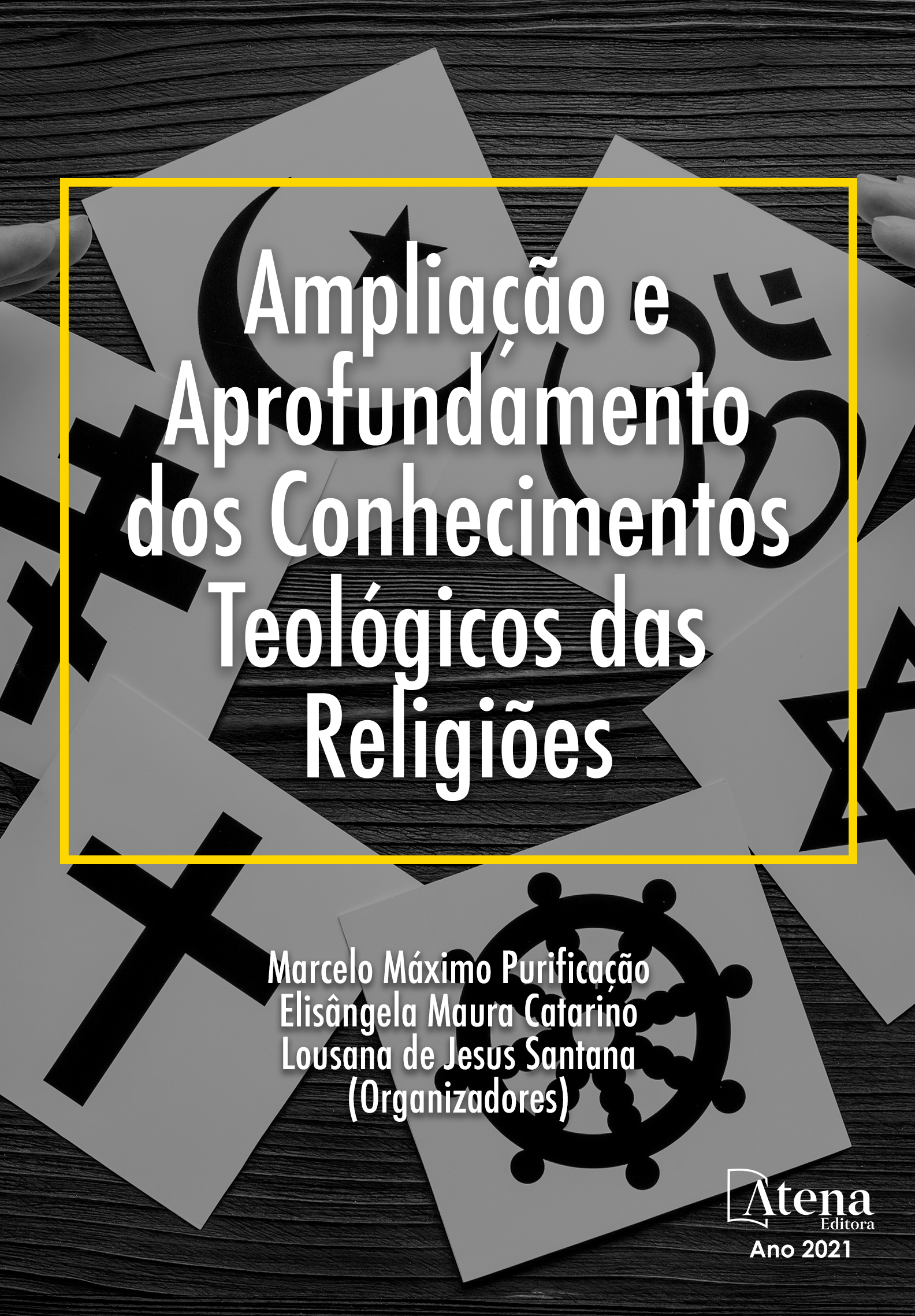
O ÚLTIMO RICOEUR: DEUS SEM ABSOLUTO E A MORTE
A obra póstuma Vivant jusqu`à la mort é composta por duas partes. A primeira contém dois documentos de arquivo: o primeiro intitulado “Até à morte. Do luto e da boa disposição” e o outro simplesmente “A morte”. No primeiro, Ricœur reflete sobre o testemunho dado por Jorge Semprun da sua experiência do “sobreviver”. Aí reflete-se a experiência pessoal do filósofo que acompanhou a sua esposa até à morte. “Exorcizar” o imaginário da morte é então uma forma de visar uma maneira de existir vivo e de “sobreviver” depois da morte do nosso ente querido. No segundo documento de arquivo, “A morte”, desenvolvem-se especialmente duas linhas de reflexão sobre o imaginário da sobrevivência, no seio da abordagem “exorcista” invocada na primeira parte. E é nessas duas linhas para pensar o imaginário da sobrevivência, o desprendimento perfeito e o imperfeito, que se desenvolve o esforço ricœuriano, visando uma difícil reconciliação entre o filosófico e o religioso ao pensar os seus limites respetivos, ou até a sua fronteira comum. O que propomos é elucidar esse esforço de reconciliação e colocar a questão da sua interpretação.
O ÚLTIMO RICOEUR: DEUS SEM ABSOLUTO E A MORTE
-
DOI: 10.22533/at.ed.9492108029
-
Palavras-chave: Morte; Deus sem Absoluto; Finitude; Narrativa; Memória.
-
Keywords: Death; God without Absolute; Finitude; Narrative; Memory.
-
Abstract:
The posthumous work “Vivant jusqu`à la mort” is composed of two parts. The first contains two archival documents: the first entitled “Until death. Mourning and good mood” and the other simply “Death”. In the first, Ricœur reflects on the testimony given by Jorge Semprun of his experience of “surviving”. This reflects the personal experience of the philosopher who accompanied his wife to death. "Exorcising" the imaginary of death is then a way of aiming at a way of existing alive and "surviving" after the death of our loved one. In the second archival document, “A death”, two lines of reflection are developed on the imaginary of survival, within the targeted “exorcist” invoked in the first part. And it is in these two lines to think the imaginary of survival — the perfect and imperfect detachment — that the Ricurian effort is developed, aiming at a difficult reconciliation between the philosophical and the religious when thinking about their respective limits, or even their common border. What we propose to do here is to elucidate this reconciliation effort and ask the question of its interpretation.
-
Número de páginas: 15
- René Dentz


